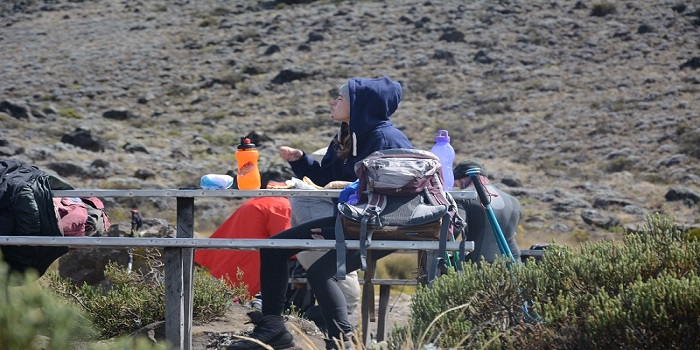The event provides direct support to porters and their families in the form of food, clothing, educational and recreational opportunities for children, and other essential supplies. This support can help to improve the quality of life for porters and their families, and it can also help to break the cycle of poverty.

The event can help to empower porters and their families by providing them with the resources and support they need to improve their lives. For example, the event could provide porters with training and support to help them start their own businesses or find other employment opportunities.
The event can help to raise awareness of the challenges faced by porters and their families, and the importance of supporting them. This awareness can lead to changes in policy and practice that can benefit porters and their families in the long term.
The event can provide an opportunity for tourists to learn about the porters' culture and traditions, and for porters and their families to learn about the tourists' culture and traditions. This cultural exchange can help to build bridges between different cultures and promote understanding and respect.
The event can help to build community spirit and solidarity among porters and their families. It can also help to connect porters and their families with other stakeholders in the tourism industry, such as tour operators and government agencies.
The event can promote sustainable tourism by encouraging tourists to give back to the community and to support the people who make their Kilimanjaro trek possible. This can help to ensure that the benefits of tourism are shared more equitably.



